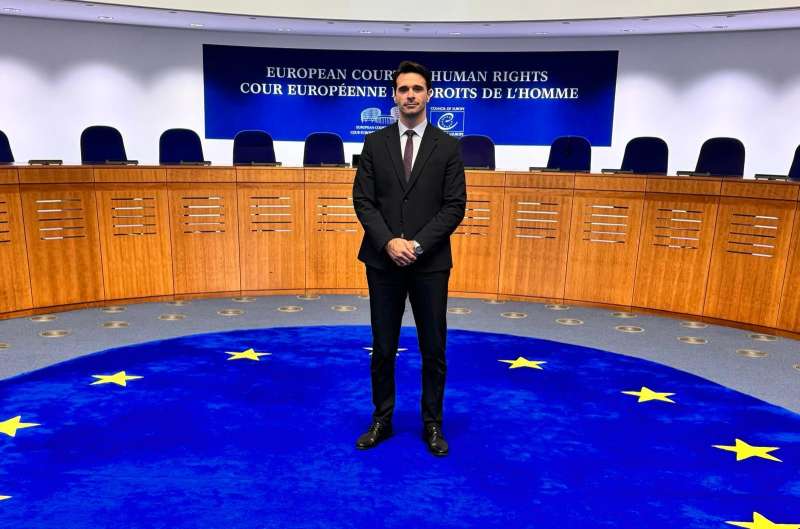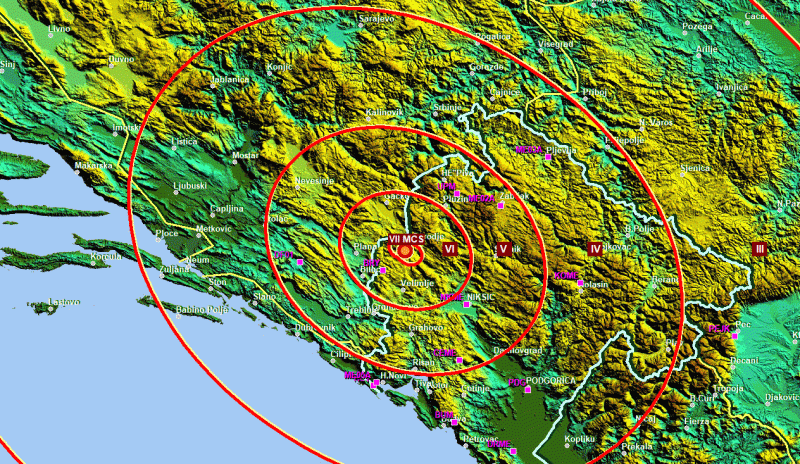SARAJEVO, May 23 (FENA) - The European Court of Human Rights is to decide whether there is a legal basis for a lawsuit against Montenegro in a case related to the wartime deportation of 83 Bosniak refugees, who were later killed.
Montenegro has until next month to respond to a petition from the European Court of Human Rights in Strasbourg after being sued by the families of the Bosniaks, mostly Muslims, who were deported in 1992 and later killed in Bosnia and Herzegovina.
In order to decide on the legal basis for the procedures against Montenegro, the court asked the state to address the accusations made by the families of the killed Bosniaks that the Montenegrin authorities did not seriously investigate the crime against the Bosniaks, who had the status of refugees at the time.
The suit, filed in 2013, also said that the investigation in Montenegro was conducted without enthusiasm, did not include all of those who were responsible for the crime, including top officials, without whose “knowledge, consent and support” the police arrest and extradition of the refugees could not have been carried out.
“The investigation was initiated to provide a reason for the termination of civil proceedings initiated by families of victims to get compensation, and not to achieve justice,” the suit says.
Human Rights Action, an NGO representing the families, said on Wednesday that the request from Strasbourg means that the first threshold in examining the merits of the lawsuit has been successfully overcome.
“The European Court of Human Rights has also called on Bosnia to submit written comments since the families are its nationals,” the NGO said.
More than 60 Bosniaks and some ethnic Serbs were illegally detained and brought to the police headquarters in the town of Herceg Novi, from where they were deported on buses to Bosnian Serb-controlled territory on May 25 and 27, 1992.
Following the deportations, most of the Bosniaks were killed; their remains have yet to be found.
Nine former Montenegrin policemen indicted for the deportations were acquitted in November 2012 because the Podgorica higher court ruled that while the arrests were illegal, they did not constitute a war crime and the nine men were not a party to any side in the Bosnian war.
Rights groups strongly criticized the trial, not only because of the acquittals but also because of the prosecution’s failure to invoke the issue of command responsibility in war crimes cases.
The latest European Commission country reports on Western Balkan states, published in April, highlighted the continuing obstacles to prosecuting war crimes and compensating victims of the conflicts in Montenegro.
The report said that by the end of 2017, 154 decisions on claims for compensation had been finalized and a total amount of 1.48 million euros was paid to war victims and their relatives.
The report also urged Montenegro to take a more proactive approach in following up allegations of war crimes, BIRN reports.
(FENA) S. R.












